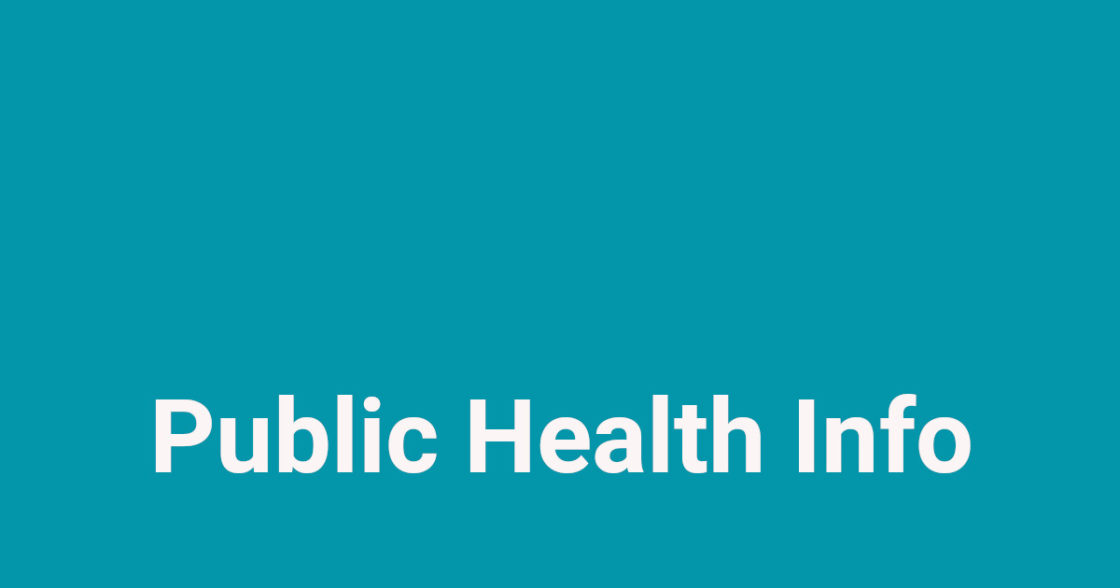Monday 30 September 2019Media release4 minutes to read
THIS IS AN ARCHIVED PAGE. The advice and information contained in this page may not be current and it should only be used for historical reference purposes.

Following publicity about the death of a Christchurch dance teacher from meningococcal disease, Canterbury DHB’s public health unit has been fielding calls from concerned parents
Canterbury DHB’s public health unit has been fielding calls from concerned parents following publicity about the death of a Christchurch dance teacher from meningococcal disease.
Canterbury DHB Medical Officer of Health, Dr Cheryl Brunton said unlike measles, which is highly contagious, meningococcal bacteria are hard to catch. They pass from one person to another through secretions from the nose or throat, during close or prolonged contact. Members of the same household as a person who has the disease are at the highest risk of getting it.
“We have identified all close contacts of this young woman and they have been given antibiotics as a precaution, as this can stop them developing meningococcal disease.
“Students who attended dance classes are not considered close contacts, so they do not need any treatment,” Dr Brunton said.
“I would like to reassure parents that being in the same room as someone with meningococcal disease does not mean you will catch it,” she said.
Meningococcal disease is a fast-moving illness that can start out looking like a flu-like illness.
“It’s a bacterial infection that causes two very serious illnesses: meningitis (an infection of the membranes that cover the brain) and septicaemia (blood poisoning). It can affect anyone – but it’s more common in children under the age of 5, teenagers, and young adults.
“There are several different groups of meningococcal bacteria including groups A, B, C, Y and W. Up to 15% of people carry the bacteria that cause meningococcal disease in their nose and throat without being sick. In some people, for reasons we don’t fully understand, these bacteria sometimes go on to cause disease, spreading through the bloodstream (causing blood poisoning) or to the brain (causing meningitis). The bacteria is spread in saliva droplets and secretions by coughing, sneezing and kissing. Sharing eating and drinking utensils can also spread the bacteria,” Cheryl Brunton said.
Meningococcal vaccination is recommended for young people who are going to live in communal accommodation like hostels or boarding schools but this is not currently publicly funded.
Several meningococcal vaccines are available in New Zealand, but they aren't free. You can pay for them privately through your General Practice team.
The Ministry of Health funds free vaccinations for groups of people with a high risk of meningococcal disease (mostly people with impaired immune system function). They also recommend but don't fund vaccinations for other groups of people.
See https://www.health.govt.nz/our-work/diseases-and-conditions/meningococcal/
Signs and symptoms of meningococcal disease
Meningococcal disease symptoms typically develop very quickly over a few hours, but in some cases may develop more slowly over several days. A person with meningococcal disease may only have some of the symptoms. The symptoms don't develop in any particular order.
Common symptoms of meningococcal disease include:
- a fever (high temperature), although their hands and feet may feel cold
- vomiting
- muscle and joint aches and pains.
Common symptoms of meningitis include:
- a headache, which may be severe
- a stiff neck
- sensitivity to bright light
- drowsiness and confusion (being hard to wake them).
A red or purple rash is common, but it doesn't always happen. One or two spots can appear anywhere on the body then many more appear looking like rash or bruises.
If you’re concerned that someone in your family might have meningococcal disease, call your doctor straight away or dial 111. Say what the symptoms are.
In Canterbury you can call your own general practice team 24/7 and after-hours when the practice is closed simply follow the instructions on the answer phone to be put through to a nurse who can provide free health advice.
If you have seen a doctor and gone home, but are still concerned, don't hesitate to call your doctor again or seek further medical advice.
ENDS
Tags Public health
Related topics
Public Health
Back to Health News

